Although it’s a basic human necessity, millions of people go without food every day. The Just World Club hosted an Oxfam Hunger Banquet on Nov. 30 in Clausen Hall. The banquet demonstrated the reality of world hunger to students.
When attendees walked into the banquet, they randomly drew a ticket with a personal story and a certain income level. The income level on their ticket dictated where they sat and how much food they were served. “AHS can definitely make a difference, whether big or small,” senior Sameen Yusuf, Just World president, said. “It’s the little things that are important: donating to food drives, volunteering at soup kitchens, distributing food locally. Kids often think that hunger is a problem outside the U.S, but many people are affected here at home.”
The various information on the tickets was based on the latest statistics about world hunger and poverty.
“The juxtaposition of the three classes allows people to see and experience what they should on a daily basis – the awareness of the disparity between the groups,” Yusuf said. “People talk about hunger so much that it has lost its effect on people, especially students, and I hope the hunger banquet [brought] that back.”
By hosting the Oxfam Hunger Banquet, the Just World club was able to reach out to other IB schools such as Washington-Lee HS and George Mason HS. The students who attended the event from these schools came from clubs that had goals similar to Just World club – educating their peers about social issues.
“We are from Washington-Lee with a club called Sisters on Purpose,” junior Tchynna Carpenter said. “AHS did a good job with the banquet – there’s a nice turnout and great food.”
Carpenter was one of the few lucky people to have drawn an upper class ticket. This entitled her to nicer tables, waiters and a full meal including rice, beans, meat, salad, bread and tea. The middle class received a standard meal of rice, beans and water. The lower class, making up 60 percent of the population in the world as well as at the banquet, received a small bowl of plain rice and water. While the upper and middle classes sat at tables, the lower class sat on the floor.
“A lot of high income people were happy that they got the high income ticket,” junior Josie Cuellar, a waitress at the event, said. “It made me realize that social class really does matter.”
The Oxfam hunger banquet was designed to bring out compassion in people, but the speakers at the event discouraged the sharing of food. The reason behind this rule is that in real life, you would not be able to share your food because we live in isolated communities.
“I saw my little brother in the lower class, and I felt bad for him. I went over and gave him some food,” sophomore Awo Dad said.
“I’m fine where I am – the high class gets more food than they really need. The banquet gives people a better view on the three social classes. However, the poor people’s position could have been emphasized and talked about more.”
At the end of the event, people from the three different classes were invited to speak at the podium and share what they learned from the event. Many students were eager to stand up and talk about what they had experienced in the past hour.
“I know how it is to be hungry, but not that hungry,” junior TJ Hughes said. “There are people in places like Africa and around the world that could use that money you blow at the mall. You work hard to walk those ten miles. Ten miles is not a walk in the park.”
The hunger banquet closed with a moment of silence to allow people to reflect and think about their experience. The entire room fell silent as students contemplated what it means to be global citizens who are partially responsible for the needs of others.
“We are youth, yes, but that does not mean that we don’t have the power to change the world,” Yusuf said.



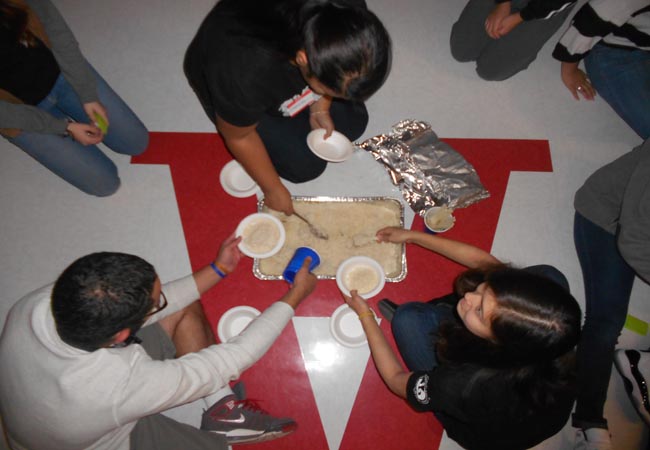

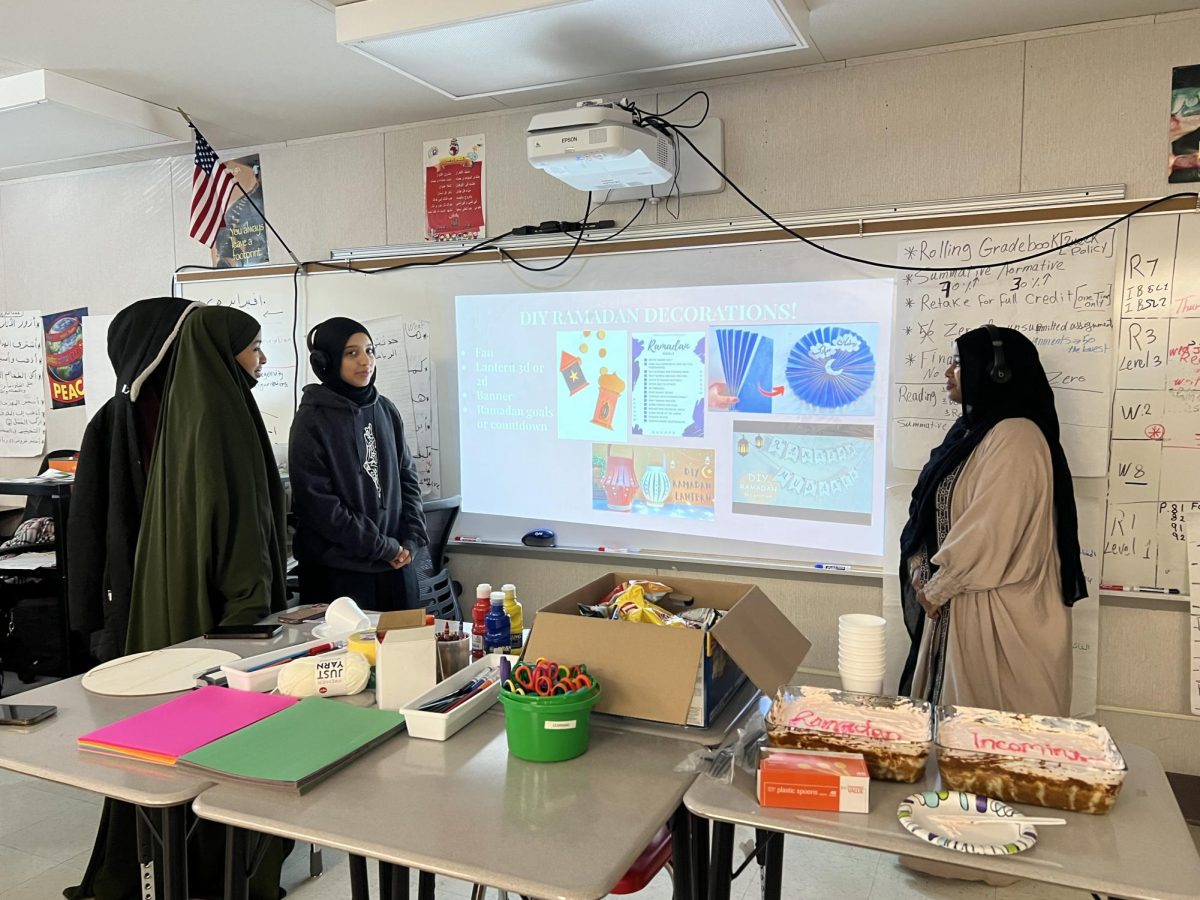




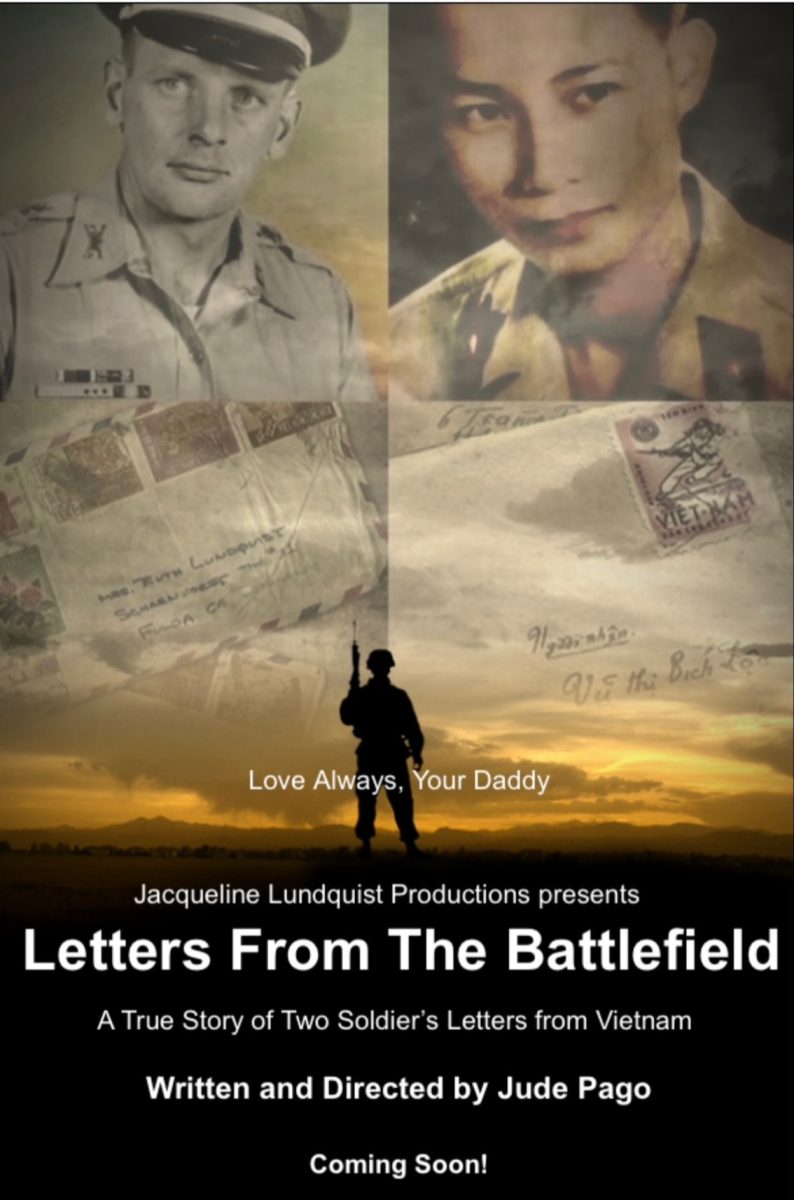
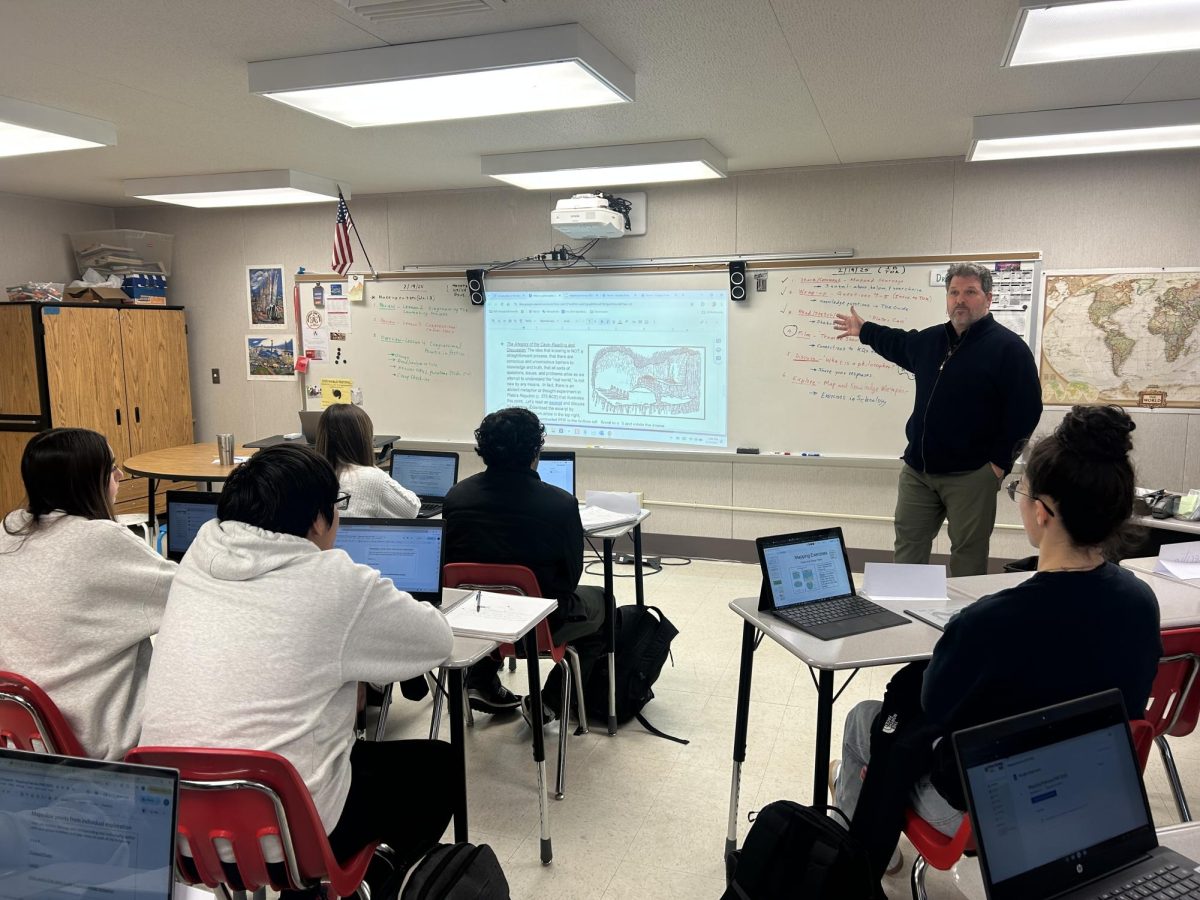
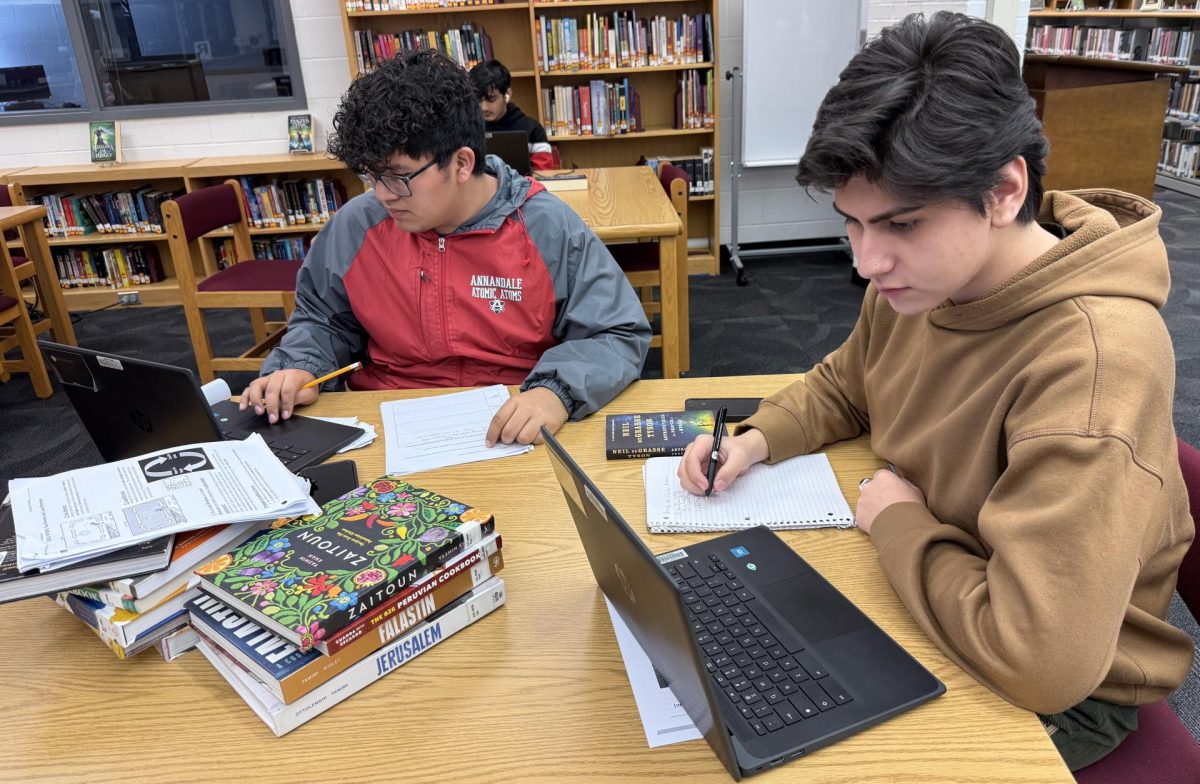
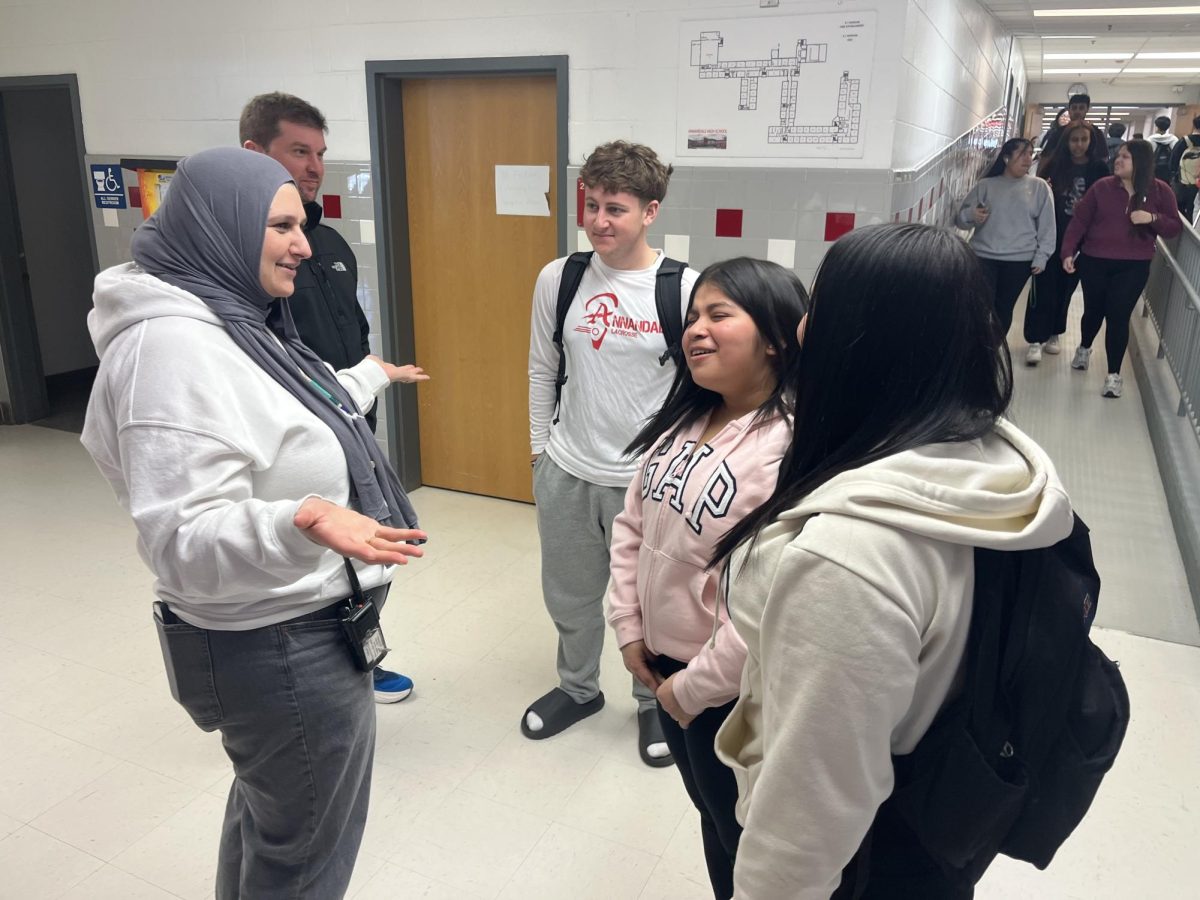


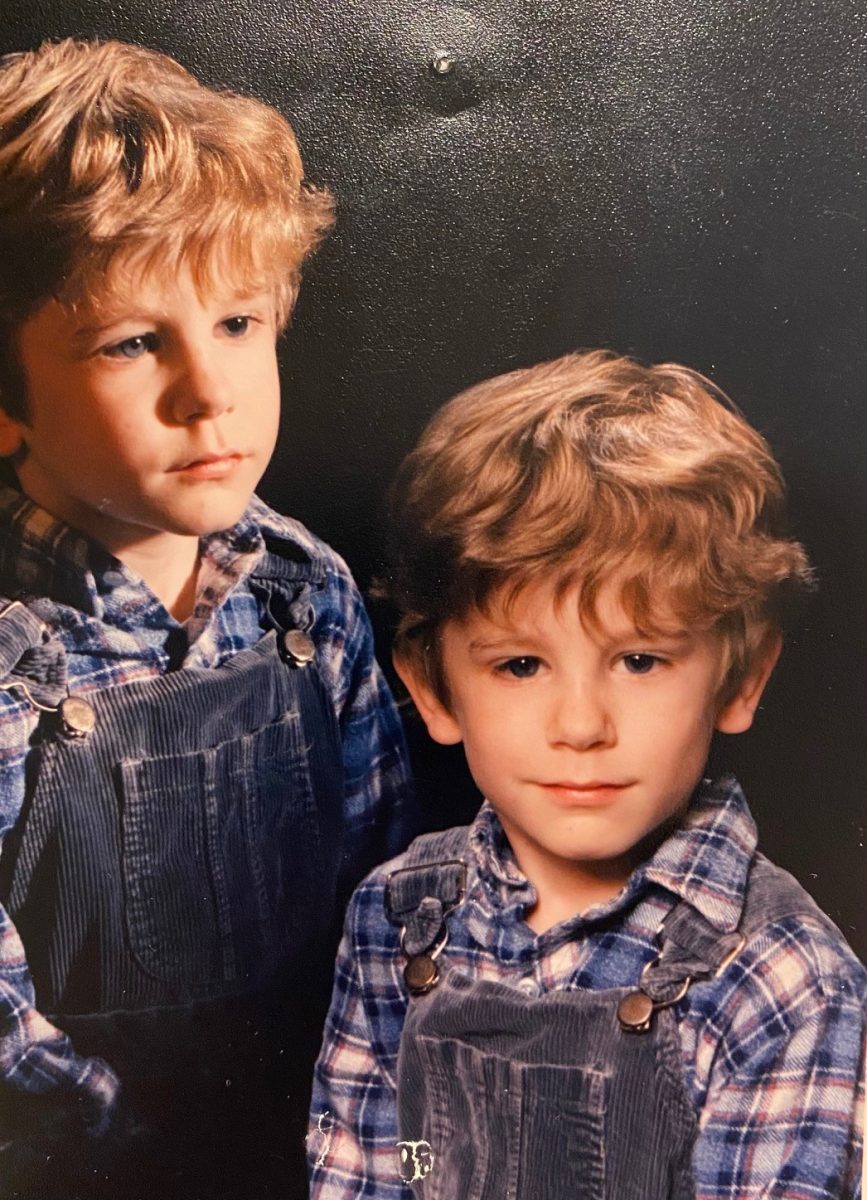

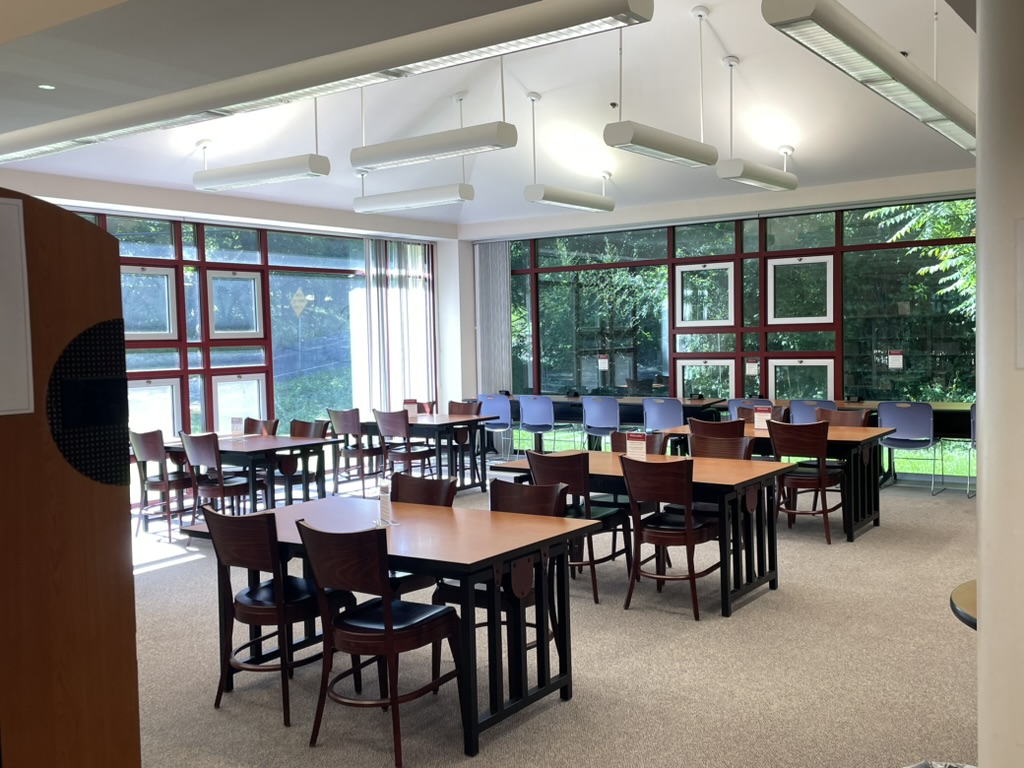


K.L. Hoang • Dec 6, 2012 at 11:04 am
Good coverage, Sarah.
Sarah Metzel • Dec 15, 2012 at 10:54 am
Thank you, In-Depth Editor. I tried to get a variety of quotes.